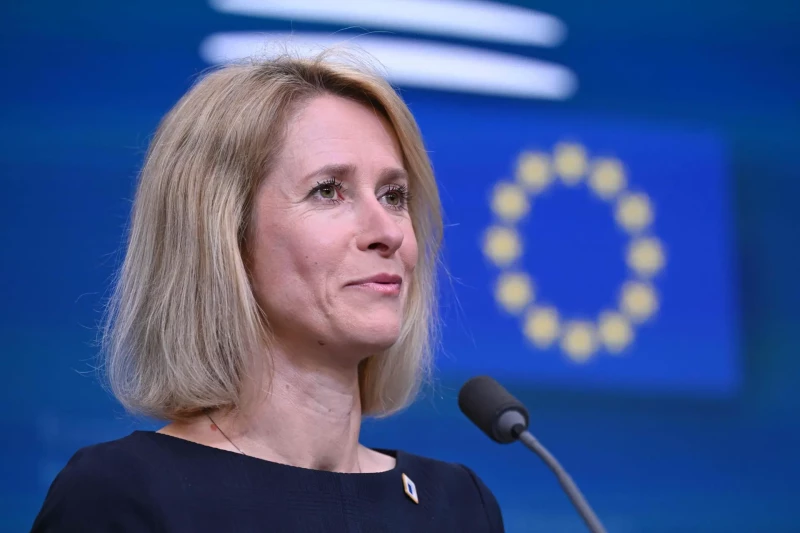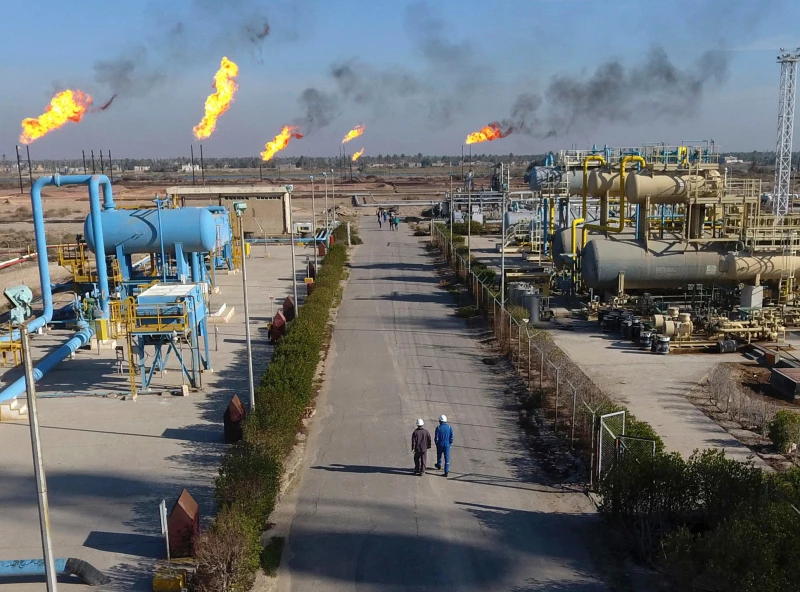ERBIL, Kurdistan Region of Iraq - The US Secretary of State on Tuesday said that the new Syrian administration could be headed toward total collapse and civil war within weeks, hours after the European Union agreed to lift sanctions on the war-battered country.
During a Senate Foreign Relations Committee hearing, US Secretary of State Marco Rubio said that the Syrian transitional authority stands a chance to be successful if Washington decides to engage them, warning that it faces the threat of total collapse otherwise.
“If we engage them [the new Syrian government], it may work out, it may not work out. If we did not engage them, it was guaranteed not to work out. In fact, It is our assessment that, frankly, the transitional authority, given the challenges they're facing, are maybe weeks -- not many months -- away from potential collapse and a full-scale civil war of epic proportions, basically the country splitting up,” said Rubio.
The American top diplomat’s remarks come a week after US President Donald Trump announced he will be ordering the cessation of sanctions against Syria “in order to give them a chance at greatness.”
The ambassadors from 27 EU member states on Tuesday reached a preliminary agreement to lift the bloc’s economic sanctions against Syria, reported AFP citing diplomats at the foreign ministers meeting in Brussels, noting that the move should be formally unveiled later in the day.
Syrian Foreign Minister Asaad al-Shaibani welcomed the EU’s decision, describing it as the crowning of their diplomatic efforts.
“The Syrian people today have a very important and historic opportunity to rebuild their country,” said Shaibani during a press conference.
An 11-day sweeping rebel offensive by anti-government armed groups brought a five-decade-long rule of the Assad family in Syria to an end on December 8.
Former rebel leader and current Syrian President Ahmed al-Sharaa sparked concerns amongst the international community upon his ascension to power due to his former ties with the al-Qaeda extremist organization. However, his administration has repeatedly promised inclusive and tolerant rule for all ethnic and religious minorities in the country.
Despite these vows of inclusivity, numerous instances of violence have broken out against minorities in the country since December, including a campaign of “public executions” against the minority Alawites in the coastal regions of the west of the country in March, killing over 1,700 men, women, and children.
The capital of Damascus was wracked by sectarian violence against members of the Druze community earlier in May, with security forces being blamed in dozens of killings.
Syrian Kurds in late April held a unity conference that saw them demand a “decentralized” Syria that would grant a substantial degree of autonomy to the majority Kurdish northeastern segment of the country, with Damascus authorities subsequently rejecting federalism as a precursor to “a separatist reality on the ground.”


 Facebook
Facebook
 LinkedIn
LinkedIn
 Telegram
Telegram
 X
X



